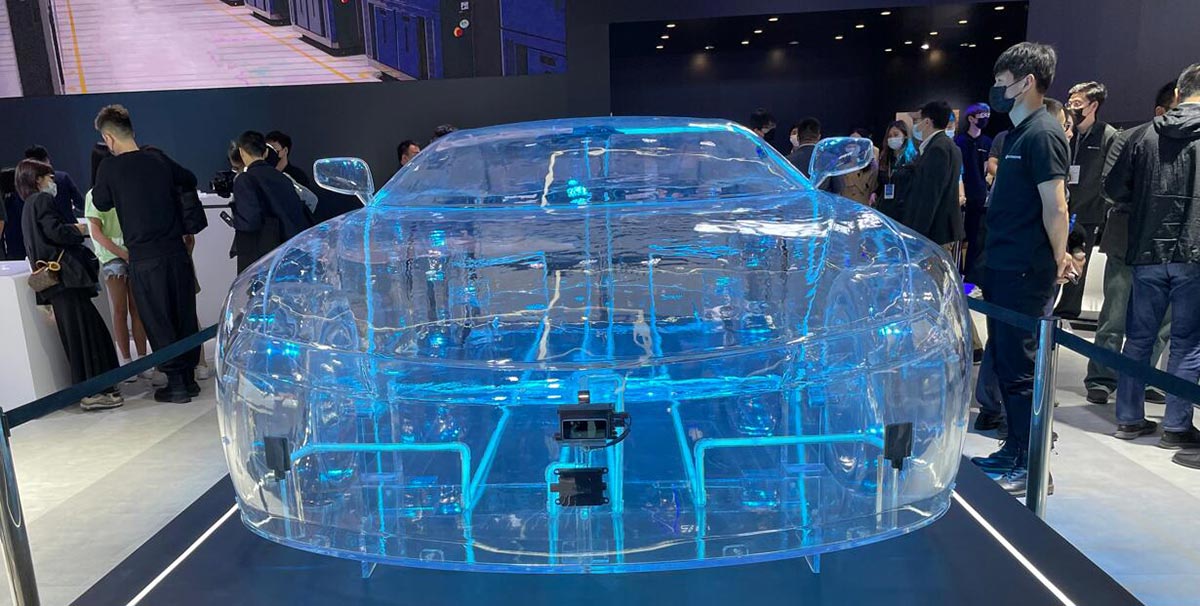Xiaomi Rumored to Enter the EREV Market as Chinese EV Manufacturers Explore Hybrid Options to Drive Sales
Xiaomi’s Electric Vehicle (EV) division, the subsidiary of the Chinese smartphone giant, is reportedly gearing up to manufacture Extended-Range Electric Vehicles (EREVs) in response to a growing trend among local EV manufacturers to tap into a broader market.

According to a report by the local media outlet 36kr, Xiaomi’s automotive unit has made the strategic decision to venture into the development of EREVs, with plans for related products already in the pipeline. This information comes from sources familiar with the matter.
Xiaomi is currently in the process of advancing its multi-generation vehicle platforms, with the first generation set to debut next year, as per the report’s sources. The second generation of platform models is scheduled for a 2025 release, and the introduction of EREV models may follow this second-generation platform, depending on its current development progress.
The report also highlights that Xiaomi’s EV division is actively recruiting talent, including engineers specializing in EREV system development, fuel systems, and exhaust systems.
In addition to Xiaomi, Zeekr, which was previously known for offering only Battery Electric Vehicle (BEV) models, is also planning to enter the EREV market, according to 36kr’s report.
Under current Chinese policy, New Energy Vehicles (NEVs), encompassing both BEVs and Plug-in Hybrid Electric Vehicles (PHEVs), enjoy equal support with purchase tax exemptions, except in select cities like Beijing and Shanghai, where PHEVs are treated similarly to traditional internal combustion engine cars.
Compared to BEVs, PHEVs, including EREVs, are considered to eliminate range anxiety entirely, making them more appealing to the average consumer and creating more market opportunities.
Li Auto, a prominent Chinese automaker in the EREV sector, recently achieved a milestone by delivering 36,060 vehicles in September, marking its sixth consecutive month of record-high sales.
Furthermore, several EV startups like Leapmotor and Neta have also ventured into the EREV segment, with Leapmotor experiencing a notable boost in sales after introducing such models.
Avatr Technology, an EV brand backed by CATL, Huawei, and Changan Automobile, secured a patent in May related to refueling ports, indicating potential plans to expand its product lineup to include internal combustion engine models.
This shift towards EREVs reflects a broader trend in the automotive industry, with many brands, aside from Tesla, looking to diversify their offerings beyond BEVs in order to maintain steady sales, as highlighted in the 36kr report.

 Auto in China
Auto in China